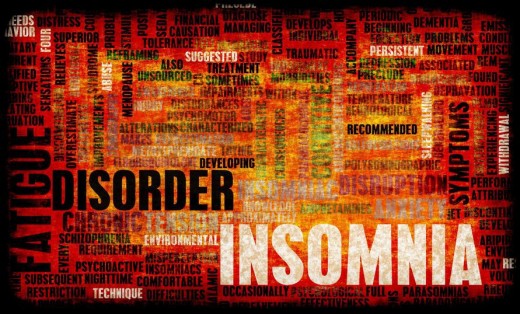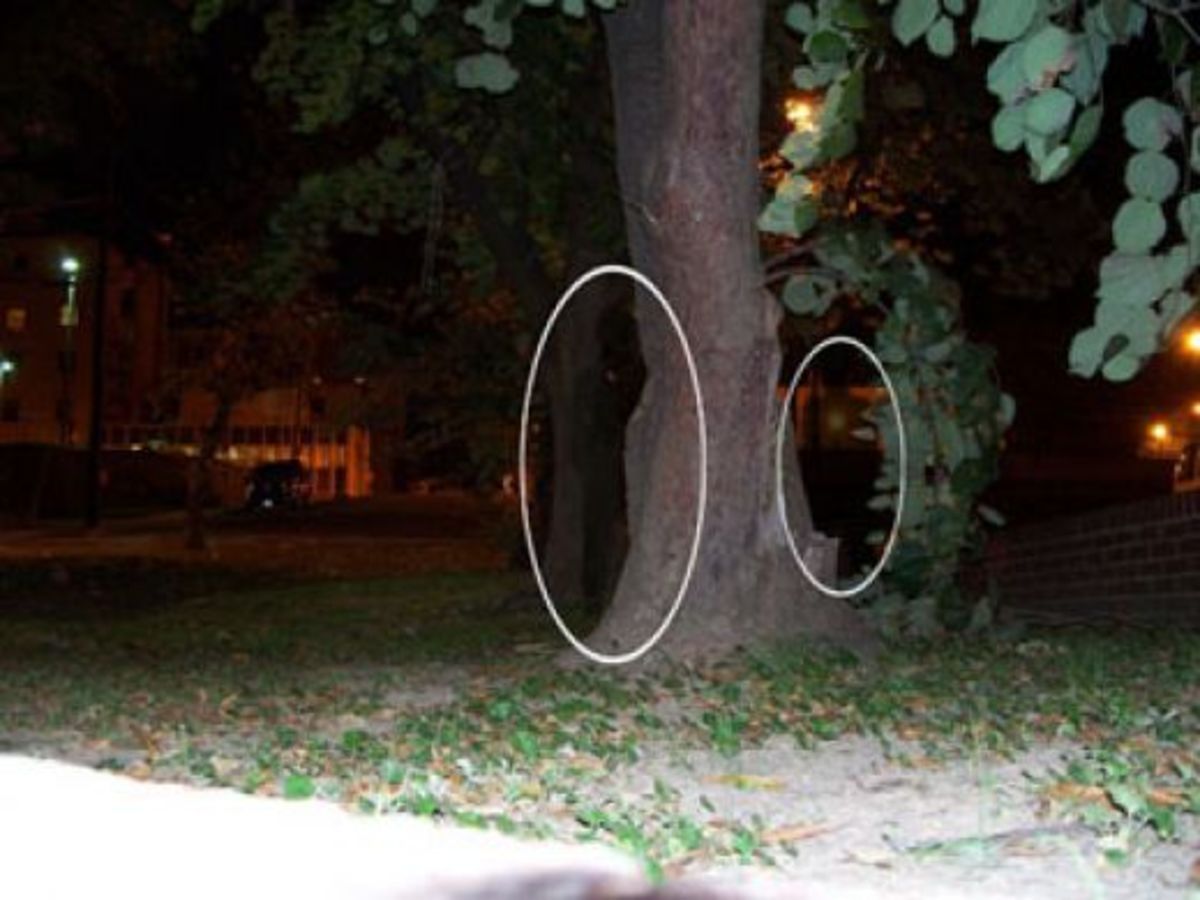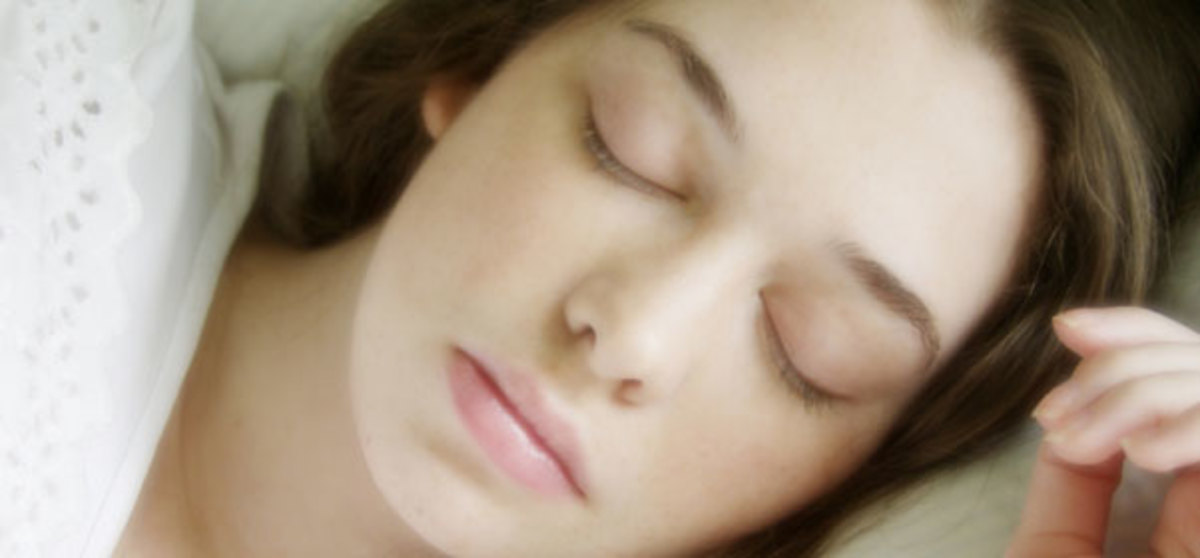Sleep Deprivation: Are We All Suffering?

U.S. Centers for Disease Control and Prevention considers sleep deprivation as a public health epidemic.
Sleep deprivation, or lack of sleep, is a condition that affects millions of people all over the world. Sleep is essential for your health, during sleep your body is rejuvenated and you process and filter information through dreams. It is also important for restoring muscular energy and growth.
What is enough sleep?
The optimum average amount of sleep for adults is between 7 to 9 hours per day. Lack of sleep causes tiredness during the day like: aching muscles, blurred vision, frequent yawning, headaches, irritability, nausea and, memory problems and difficulty concentrating. There are many different effects on the short term and long term, which will be mentioned in this article.
Symptoms of sleep deprivation
To determine whether someone has sleep deprivation it is important to know what sleep deprivation is not. When you are deprived of sleep you will start to show multiple signs that occur together:
- Irritability, being angry at everyone and everything
- Tiredness, thinking of sleep and feeling totally drained
- Socially challenged, difficulty in interacting with other people because you can’t process conversations anymore on a normal level
- Feeling extreme pressure, like the world is on your shoulders and you feel completely helpless
- Memory loss, the feeling of having “fog” in your mind making it difficult to recollect memories
- Unable to concentrate, slower reaction time and difficulty in steering the mind to a certain goal.
Combined they form the signs of sleep deprivation, but separate they could indicate some other problem, like a certain drug overdose or injury. As is often the case with cognitive problems there could be many causes for these sleep deprivation symptoms; that is why it’s important to know your own behavior when you are healthy. For someone who is normally very social it can be difficult to notice a decrease in their own social skills after being deprived of their sleep. Humans have a self-awareness and this can help them to be aware of a change in their own behavior.
Sleep Deprivation Effects on brain and behavior
A decade ago a study showed that a rat that didn’t sleep for three weeks would die because of its inability to regulate the bodily processes. Sleep is necessary to regenerate certain parts of the body like the brain, in order to keep the bodily functions at an optimal level. After succeeding periods of extended wakefulness or sleep deprivation neurons could start to malfunction. Behavior is heavily related to the function of our brain and it is, for the most part, made out of neurons. So if sleep deprivation causes neurons to malfunction, your behavior is influenced by the amount of sleep you have.
The brain never actually rests completely, even during sleep; it is merely in a semi-alert state of “quiet readiness”. Sleep can be split up into different stages, divided by the difference in activities of the brain, some of them are needed for regenerating neurons within the cerebral cortex; others are needed for forming new memories and generating new connections. These stages are separate from each other, meaning that you can only reach certain stages of sleep when you sleep long enough.
It has been noted by Pilcher et al. (1996) that when someone abstains from sleep for longer periods their neurons are probably affected; this can cause slurred speech.
Research on high schools also showed that students who went to sleep 40 minutes later than their classmates scored on average a lower grade. Sleep deprivation is a major cause for accidents in traffic, it is not difficult to imagine why: a combination of irritability and slower reaction time can be dangerous while driving.
Determine the right amount of sleep
There are theories about sleep duration and how a magical amount of hours are sufficient for everyone. These theories have been proven false and there are two main reasons for this. The sufficient amount of sleep someone would need consists of two factors:
-
A. Basal Sleep
A person’s basal sleep, the amount of sleep someone needs to recover
-
B. Sleep Debt
Sleep debt, the amount of sleep that is lost due to different causes like: poor sleep habits, environmental noise, sickness etc.
To know how much basal sleep you need you could start with a baseline: when you are healthy and have no other complications, start sleeping in a comfortable and serene environment and try to sleep for different amounts of hours over a few days. Now you know how much sleep you actually need and you can determine how much sleep you need on days where you have a sleep debt. On average research has shown that 7 hours of sleep is sufficient for most adults.
But it is also important to know that each age group has their own average amount of sleep, the older people are the lower the average amount of sleep becomes. So it is important to determine your own level of basal sleep because there is no guarantee that 7 hours is enough for you. Below is a schema that shows the average amount of sleep by age:
Age
| Sleep Hours
|
|---|---|
0-2 months
| 10.5-18
|
2-12 months
| 14-15
|
1-3 years
| 12-14
|
3-5 years
| 11-13
|
5-12 years
| 9-11
|
12-21 years
| 8-9
|
21-x years
| 7-9
|
Source: Centers for Disease Control and Prevention
Simple sleep solutions
There are simple methods to help you fall asleep:
- Make your bedroom a place without distraction, comfortable,warm enough and dark, purely for sleep. It is imperative that you make the bedroom a place you routinely visit for sleep.
- Adjust the temperature to your own liking, usually it is between 16 to 20 degrees Celsius
- Adjust the lighting so that it doesn’t shine directly on your face, keep night lights as far away as possible. Because the eyes can still sense light on them even closed.
- No noise, most people sleep best when there is no noise during their sleep. But if you prefer some noise try to use ambient sounds or other relaxing music, the best music is without any vocals.
- Loosen muscles, lie on your back and start from the tips of your toes all the way to your head.
- Deep breathing helps relax the mind and body to sleep levels
Sleep deprivation conclusion
There are many methods to fall asleep, but it is always important not to overthink it. A busy mind is often the main cause when you can’t fall asleep. But the mind and body are influenced by each other and it is this connection that you can use. Relax your body with the techniques described above to relax your mind and you will probably have no difficulty anymore to fall asleep.
This content is accurate and true to the best of the author’s knowledge and does not substitute for diagnosis, prognosis, treatment, prescription, and/or dietary advice from a licensed health professional. Drugs, supplements, and natural remedies may have dangerous side effects. If pregnant or nursing, consult with a qualified provider on an individual basis. Seek immediate help if you are experiencing a medical emergency.
© 2016 Sam Shepards








